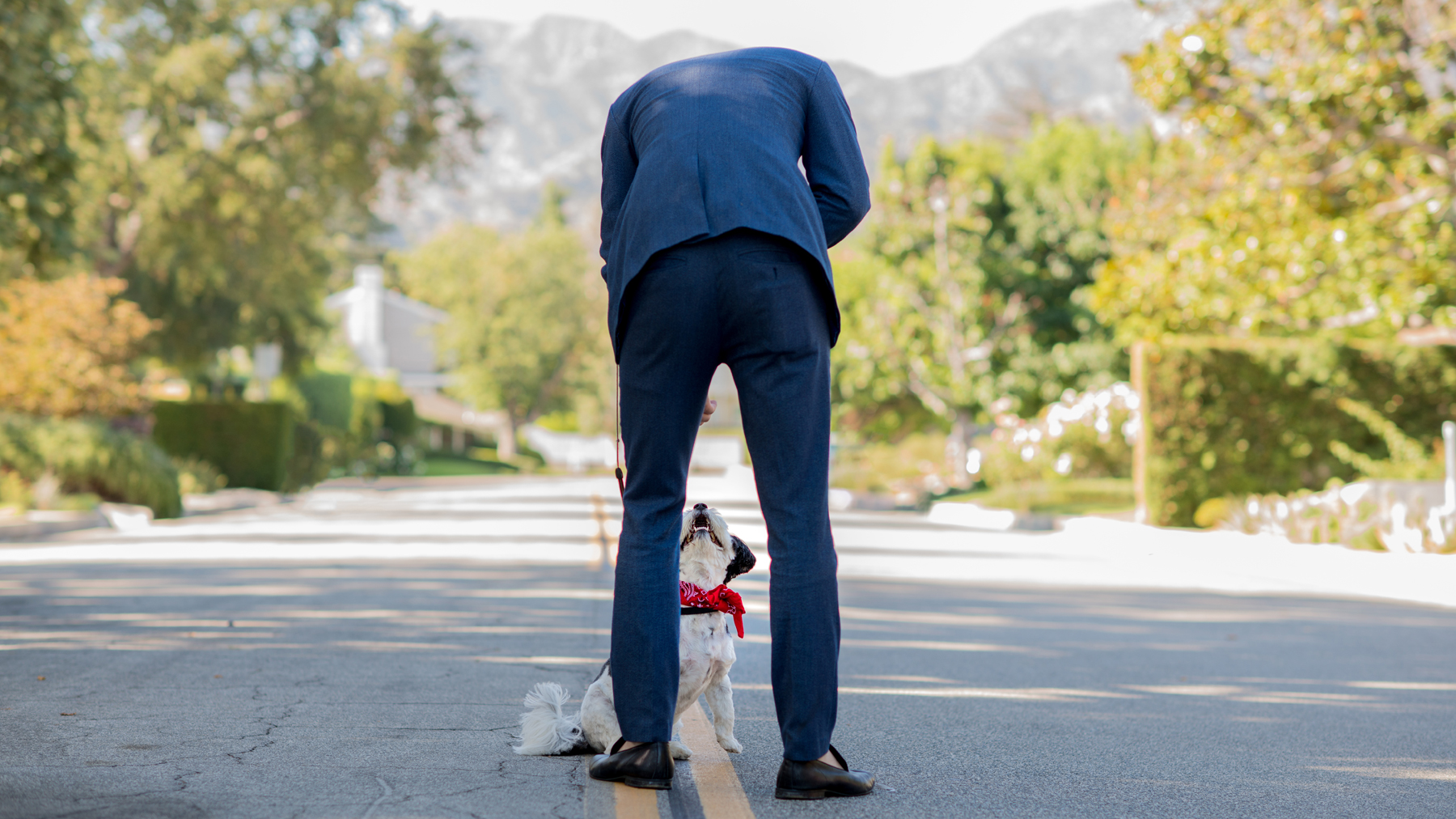Dog trainer reveals five reasons why your dog isn’t responding well to their recall and how to gently build it back again
Strengthen your four-legged friend's recall and ensure their safety during outdoor adventures

If you've ever experienced frustration when your dog fails to respond to your recall command, you're not alone. A reliable recall is essential for a well-trained dog, but there can be several reasons why they may not respond as expected and ways to work around this.
Thankfully with some expert guidance, you can address this issue and rebuild a strong recall. Certified dog trainer Emily Fitzpatrick has revealed five reasons why your dog’s recall isn’t reliable followed by her tried and tested solution to working on better recall.
Note, you’ll most likely need to stock up on some of the best dog treats if you plan on trying Fitzpatrick's remedy. She also uses a clicker in her training, if you aren't sure what purpose this serves in canine training then you can read our 101 on clicker training for dogs.
Fitzpatrick, who is also the owner and head trainer at Misunderstood Mutt mentioned the possible reasons why owners struggle with recall in an Instagram post. You can view this below as well as a video of her showing how to better a dog's recall, all of which we delve into more underneath the video post.
- Lack of practice: Without regular reinforcement and training, dogs may become less attentive to recall cues.
- Insufficient value in reinforcers: Using rewards that don't have enough value in a specific environment or context can result in a weak response.
- Failure to hear the recall cue: Dogs may not respond if they don't hear the command clearly or if there are competing sounds or distractions.
- Overstimulation or distraction: Dogs may become overly excited or fixated on their surroundings, making it challenging to focus on the recall command.
- Need to investigate stimuli: Some dogs may feel compelled to explore exciting or interesting things in their environment before returning to their owner.
A post shared by Emily Fitzpatrick: Dog Trainer (@misunderstoodmutt)
A photo posted by on
To overcome these challenges, it's important to reintroduce recall training with a fresh approach. Fitzpatrick emphasizes that a dog's failure to respond is not a sign of defiance or disrespect but an opportunity to troubleshoot and reinforce training. In the video, she demonstrates how she revisits recall training for success.
Fitzpatrick suggests using a long line during recall exercises to provide a controlled environment. She demonstrates her method when her own dog initially fails to respond. With a calm and positive attitude, Fitzpatrick employs clicker training, enthusiastic tones, and a small lure of peanut butter to encourage her dog's return. By gradually reinforcing the recall response and rewarding with treats or praise, a positive association is built, strengthening the bond between owner and dog.
Consistency, positive reinforcement, and patience are key elements in rebuilding a reliable recall. With practice and dedication, you can regain your dog's attention and ensure their safety during outdoor adventures.
Get the best advice, tips and top tech for your beloved Pets
If you want proof that things can improve you can read this owner's very own account: My dog’s leash pulling made walks miserable until I helped her reactivity, here’s how. Or if you're looking to perfect all elements of your dog walks, discover what the most common loose leash walking mistakes are and how to fix them.

Jessica holds a journalism degree from Cardiff University and has authored articles for renowned publications, including PetsRadar, Fit&Well, LiveScience, Runner's World, The Evening Express, and Tom's Guide. Throughout her career in journalism she has forged connections with experts in the field, like behaviorists, trainers, and vets. Through her writing, Jessica aims to empower pet owners with accurate information to enhance their furry companions' lives.
